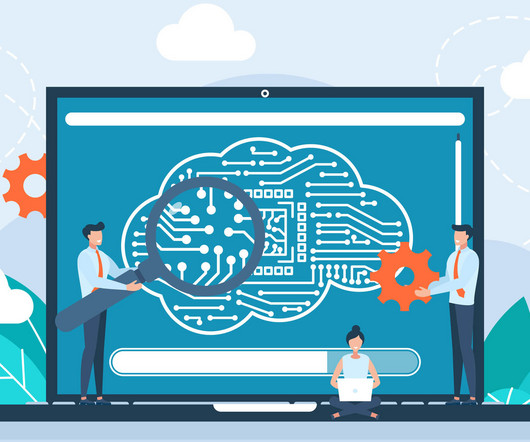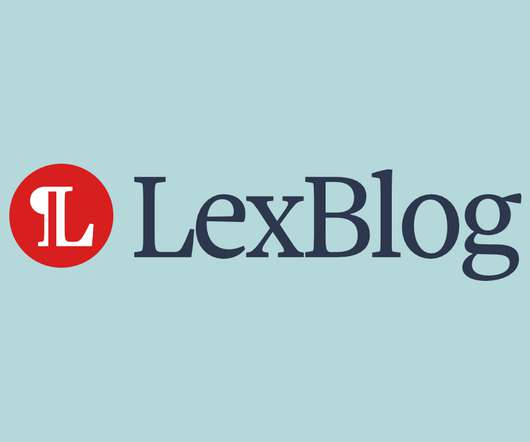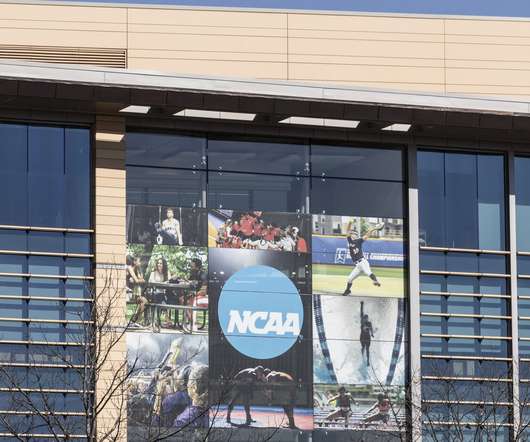From Open Access to Open Science; as open as possible as closed as necessary?
The IPKat
JUNE 15, 2022
Under international treaties and legislation, it is not possible to create an autonomous scientific author whose works would merit different IP conditions from the ‘all rights reserved’ default rule. An Office for Free Intellectual Property Rights and Open Science should be created.












Let's personalize your content